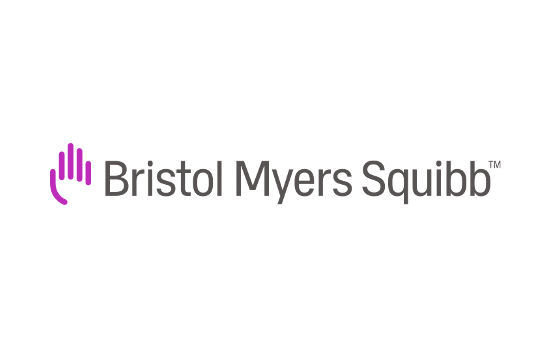 BioMotiv, a mission-driven drug development accelerator associated with The Harrington Project for discovery and development, that advances breakthrough discoveries from research institutions into therapeutics, and Bristol-Myers Squibb Company (NYSE: BMY) today announced the launch of Anteros Pharmaceuticals, a biotechnology company focused on developing a new class of drugs for fibrotic and other inflammatory diseases. The intellectual property behind Anteros was first developed by Yale University and in-licensed by Bristol-Myers Squibb and subsequently assigned to Anteros. This is the first company BioMotiv and Bristol-Myers Squibb have launched since executing their Strategic Partnership Agreement, as previously announced in September 2019.
BioMotiv, a mission-driven drug development accelerator associated with The Harrington Project for discovery and development, that advances breakthrough discoveries from research institutions into therapeutics, and Bristol-Myers Squibb Company (NYSE: BMY) today announced the launch of Anteros Pharmaceuticals, a biotechnology company focused on developing a new class of drugs for fibrotic and other inflammatory diseases. The intellectual property behind Anteros was first developed by Yale University and in-licensed by Bristol-Myers Squibb and subsequently assigned to Anteros. This is the first company BioMotiv and Bristol-Myers Squibb have launched since executing their Strategic Partnership Agreement, as previously announced in September 2019.
Under the terms of the partnership, Bristol-Myers Squibb will contribute the IP, data, and reagents for a series of small molecules against an undisclosed mechanism, and BioMotiv, through the formation of Anteros Pharmaceuticals, working in close partnership with Yale, will be solely responsible for research and development. Once Anteros nominates a pre-clinical candidate, Bristol-Myers Squibb has the option to acquire the company from BioMotiv under pre-agreed terms.
"Anteros Pharmaceuticals is the first of several companies that BioMotiv and Bristol-Myers Squibb intend to form under the Strategic Partnership Agreement. Anteros will focus on refining a new class of drug candidates for inflammatory diseases, where currently there are no real answers to multiple diseases that afflict millions of patients," said Satish Jindal, Ph.D., BioMotiv's CEO. "Our broader mission is to translate novel discoveries into breakthrough therapies for patients in need, forming companies such as Anteros to achieve this goal."
"Bristol-Myers Squibb is committed to partnering with innovative collaborators like BioMotiv, which expand our reach and capabilities in early stage research. These types of partnerships also enable us to progress the transformational research being performed at leading academic institutions such as Yale and effectively translate those discoveries into new therapies for patients," said Rupert Vessey, M.A., B.M., B.Ch., F.R.C.P., D.Phil., Executive Vice President, Research & Early Development, Bristol-Myers Squibb. "We look forward to our continued collaboration with BioMotiv and to the scientific advancements driven by Anteros."
About BioMotiv
BioMotiv is a mission-driven accelerator associated with The Harrington Project for Discovery & Development, a $340 million initiative focused on advancing early stage breakthrough discoveries from research institutions into medicines. Led by a highly accomplished and passionate team of veteran biopharma experts, BioMotiv’s innovative model efficiently aligns capital and collaborations to select, fund, manage and advance a portfolio of drug development programs.
About Bristol-Myers Squibb
Bristol-Myers Squibb is a global biopharmaceutical company whose mission is to discover, develop and deliver innovative medicines that help patients prevail over serious diseases.